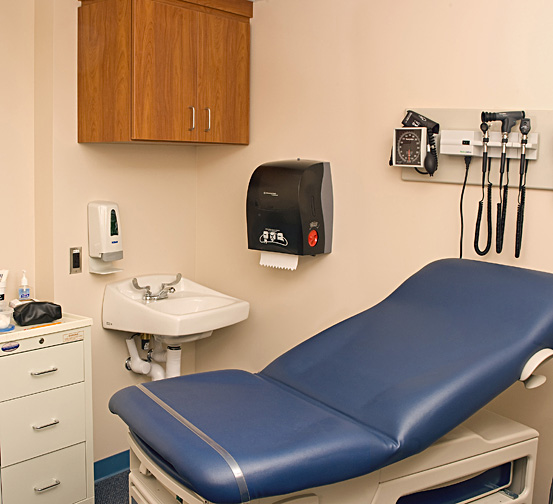UPDATED JUNE 27, 2019
In most New Jersey cases, if a person is injured in a car accident their own insurance company will pay for medical treatment under the PIP portion of their auto insurance policy. Treatment for other types of injuries (at work, or certain fall-down cases on someone else’s property) may be paid for by a third-party insurance carrier. When an insurer that is NOT the patient’s own health insurer is paying the medical bills, it is important to understand that they will not spend endless amounts on medical treatment.
The only bills that PIP, Workers Compensation, and 3rd party Med Pay carriers will pay are for treatments for injuries that are caused by the actual accident/incident at issue. Also, they will only pay for treatments that are medically necessary and in amounts that are reasonable. Initial treatments are often paid for as a matter of course, but as time goes by the insurance company will be more inclined to resist paying for more treatments. The insurance companies typically argue that the injuries are not caused by the accident (i.e. there was a preexisting condition, like arthritis), or that the treatments aren’t medically justified, or that the patient’s injuries have resolved.
One of the steps in the process is the Insurance Medical Exam (“IME”), usually referred to as an “independent” medical exam, by the insurance companies. But these exams are nothing close to “independent”. The doctor doing the exam is hired by the insurance company for the purposes of denying future treatment. As such, we always tell our clients to take these exams very, very seriously.
Clients may think that the exam is informal and therefore not serious. They may be hesitant to tell the doctor exactly how hurt they are (especially since they don’t know this insurance doctor at all). They may even tell the insurance doctor that they are feeling mostly better, just because they do not want to sound like a complainer. Obviously, if a patient truly is better then they should not subject themselves to unnecessary treatments. But if they are still hurt and want more treatments, it is very important that they openly and honestly explain to the insurance doctor what the pain feels like, how often they feel it, and how they are limited in their daily life. If the insurance doctor does not fully appreciate the injury, there is a good chance that the insurance company will deny further treatment.
As we tell all of our clients, these exams are very serious as they can seriously impact the patient’s treatment going forward.



